Description
Its title echoing a line in the Mountain poems of Stonehouse (Shih-wu), Perishable World leads us through the cycle of seasons, interwoven with memory and reflections on the transitory nature of life, following the death of the poet’s husband. Her cycle of grief begins in a literal and psychic late winter, in constant Pacific Northwest rain, as maple seeds “try to grow trees out of the muck” of gutters of the old house (“the house he built for you”) sinking into its surrounding garden, and the poet watches “the light itself imagining / a June of staggering blossoms” (“In February”). We first glimpse the beloved standing by the house he has built, and in accumulating resonance, images of this house and the beloved’s work of building it become the ongoing trope, the image of the couple’s life together: “Under this roof / we hold each other’s histories” (“Blueprint”). In “Lament” as he is dying, she asks her beloved, but really herself, “Did I give you what you needed / in the end?” Struggles with grieving and release across the seasons rise in the end to a litany, “Bequeath,” as the poet lets go and gives over to the departed all that the couple shared. She emerges “In the Clearing” where the house stands, to the final acceptance of this life and death, and of the space in which she still lies down. “Love built this house,” poet Alicia Hokanson declares, in an intimation of mortality that suggests she may indeed have “learned to see through this perishable world.” —Carolyne Wright, author of This Dream the World: New & Selected Poems, and lead editor of Raising Lilly Ledbetter: Women Poets Occupy the Workspace
A native of Seattle, Alicia Hokanson grew up exploring the beaches, forests, and islands of Puget Sound, inspiring her deep attention to the natural world. Her first book, Mapping the Distance, was selected by Carolyn Kizer for the King County Arts Commission publication prize and it was released by Breitenbush Books in 1989. Brooding Heron Press published two chapbooks, Phosphorous and Insistent in the Skin. Her poems have appeared in a wide variety of journals and anthologies. Upon completing her B.A. and M.A. in English at the University of Washington, Alicia pursued a career teaching English in a variety of venues, from working with high-school students in South Australia to teaching grades 1-8 in a one-room schoolhouse on Waldron Island, 8th graders on Bainbridge Island, and middle-school English for 27 years at Lakeside School in Seattle. Named River of Words Poetry Teacher of the year in 2003 for her work nurturing young writers, she also held the Bleakney Chair in English at Lakeside upon her retirement in 2014. She now devotes her time to writing, reading, and advocating for social and environmental justice.
Insistent in the Skin (Brooding Heron Press, 1993), Mapping the Distance (Breitenbush Books, 1989), Phosphorous (Brooding Heron Press, 1984); Journals: Crab Creek Review, Exhibition, Poetry USA, Pontoon, Raven Chronicles; Performance: Metro Poetry Bus (2005)
More Praise:
In a quiet, insistent way Perishable World’s poems of loss are also a heartening celebration of what endures, what grows, what appears right before us: forests, mountains, cliffs above an island beach, “kingfisher’s branch and eagle’s snag.” Though these poems grieve for and honor lives that have passed away forever, they sing too of what remains. What remains, Hokanson tells us in language rich with image and musical phrasing, is precious beyond measure. Never have we needed such a reminder as these moving poems offer more than now. -Ed Harkness, author of Law of the Unforeseen and others
In Alicia Hokanson’s poems, the intimacy of love merges with the intimacy of living closely with the landscape of the Pacific Northwest-the deep green of temperate rainforest, the islands and mountains, the flowers and bushes whose names become poetry. Her landscape includes the sorrows of this country over the last several years for the fragility of our environment, the spreading injustice, “half the nation whipsawed in grief.” Love in these poems is a giving: caring for a musician uncle “who said/I don’t recommend living past 100,” and remembering her parents’ strengths followed by their loss through age and illness. Most striking are the poems about the illness and death of her husband. They are poems of love more than grief because loss is inevitable. Rather than rage against it, Hokanson attaches it to her world and makes it sing “to find again/the center where I love you.” -Sherry Rind, author of Between States of Matter
Alicia Hokanson’s Perishable World is a book of mourning—for the earth, for her parents, for her recently deceased husband. And yet, it is also a rich celebration of all it mourns: most notably the landscape of her island cabin, “Love built this house,” on land and a garden with its creatures lovingly detailed—In these broken days—half the nation whipsawed in grief. . . the sum of autumn’s rubric/ is light and color. . . late bees in the penstemon/ still gathering pollen for the hive. In the stunningly moving poems written after his death, her late husband comes alive: the tattered chair/ in front of the computer/where you invited every virus/ with your reckless searching. And in the exquisite poem “Ritual”: this shore where you would /each night exclaim,/ “we are so lucky” as we, her readers are so lucky to have this fine, overdue collection of an accomplished poet. -Anne Pitkin, author of Winter Arguments and others
Left on the Porch
polished curve of oyster shell
hidden whorl of whelk
white-striped rocks for wishing on
grey feather abandoned by a gull
flat black shale that fits the thumb
for skipping far
brittle dollars incised with stars
pink cockles and bleached crab claws
summer’s piled treasure
gathered from beach walks
emptied from the children’s pockets
all these talismans
rimmed now with blown in leaves
fir needles and dust
swept into the bucket for dispersal
down the forest path to the shore
strewn along the tideline
tossed to wave and rip
pummeled in the winter wash
lost in the seasons’ wild shuffle
Beauty Resists
So unexpected to come upon it
as we followed the swerving
waxwings, their commotion
in the air our umbrellas curtained:
the gold Gingko
—double trunk rising
from its yellow leavings—
paving the sidewalk
with real luster,
cement softer under the mash
of ochre leaves along the gutters.
Shine of rain over everything.
In the park, vine maples hold on
to some crimson tatters
above the banks where the last salmon
fight their way home
in the stream bed
the neighbors made good again.
In these broken days—
half the nation whipsawed in grief
at what we will become—
the sum of autumn’s rubric
is light and color in the trees,
flash of silver fins in the creek,
and late bees in the penstemon
still gathering pollen for the hive.
Lament
The August beach is as you left it:
hung with absconding shadows
across the afternoon
the sun moving south
over horizon islands
yellow jackets busy in the sand
mining the detritus
in the line of seaweed the tide left.
No agates or feathers call to me today,
as they did to you always,
just the rattle of colored stones—
the greens and greys, whites and golds
shifting under my sandals
and the piercing squawks of seagulls
over a herring ball in the bay.
Out of summer’s perfect
and lonely afternoon,
a moment returns to me from long ago.
Taking your hand as we moved
in a festival crowd
I let fall away
every contentious word
every argument, letting go
purely into the love you offered—
Did I give you what you needed
in the end?
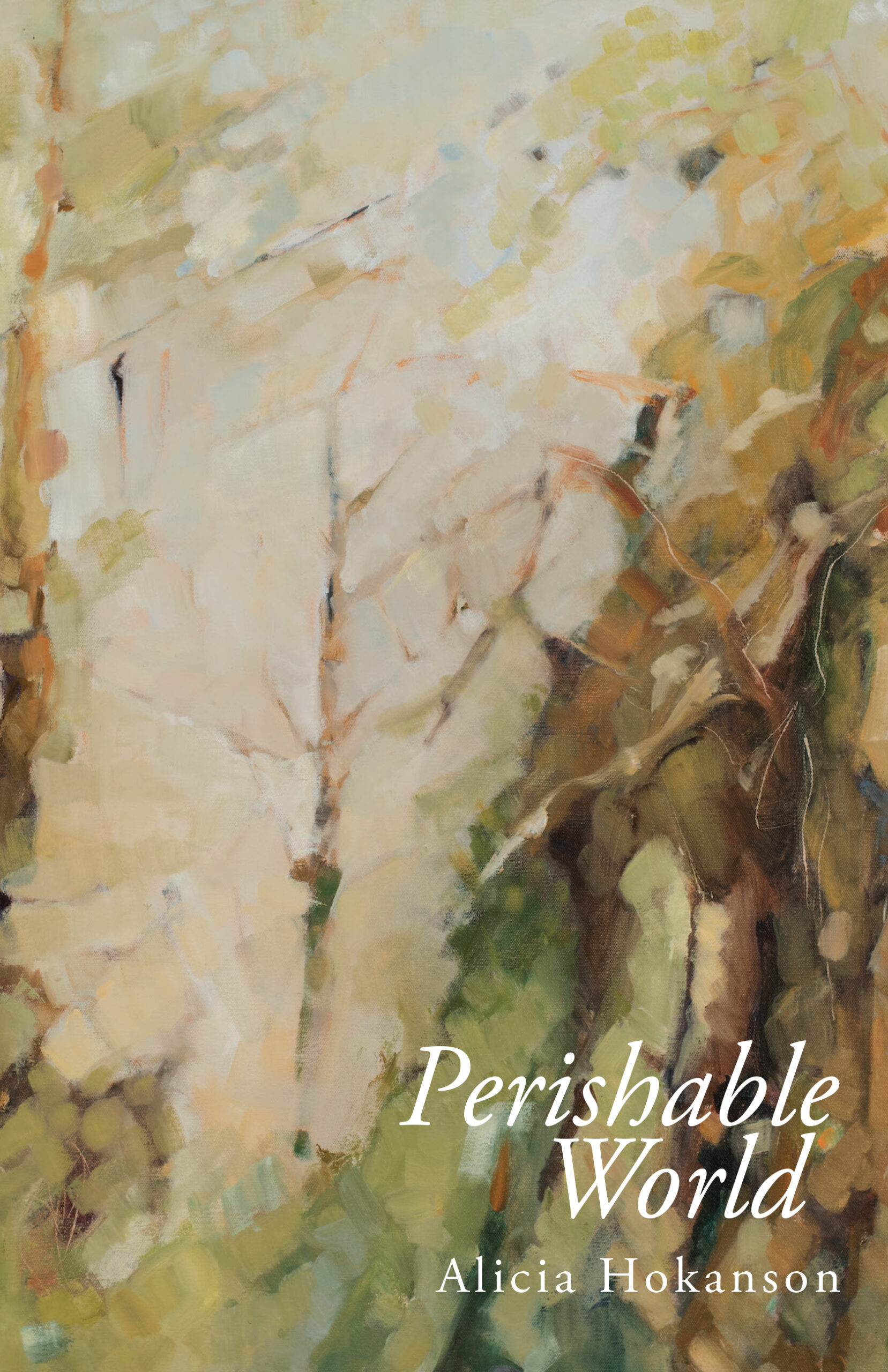

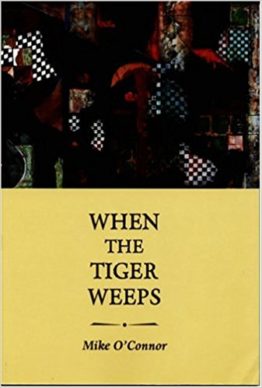
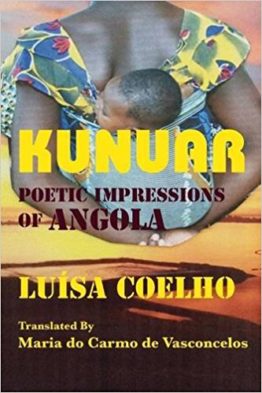
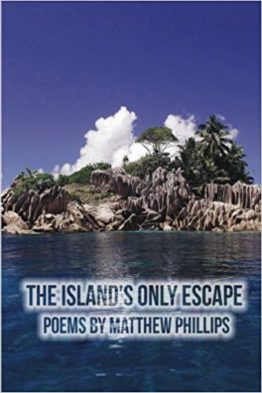
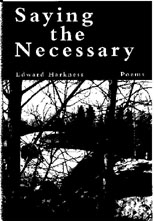
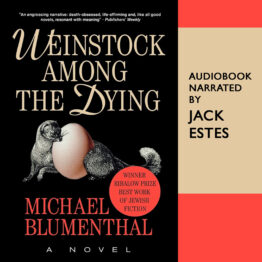
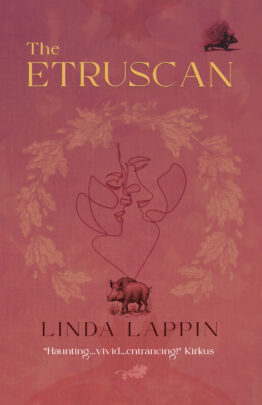
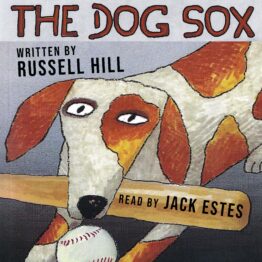
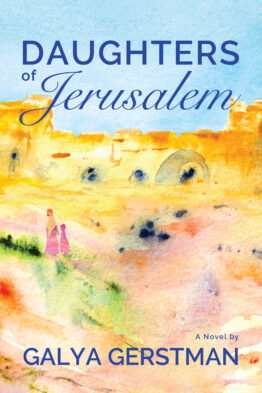
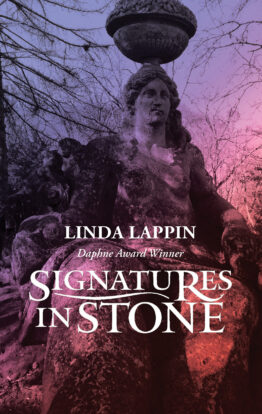
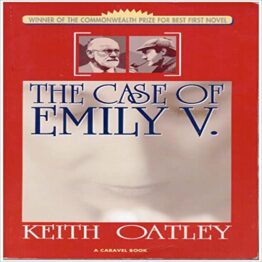
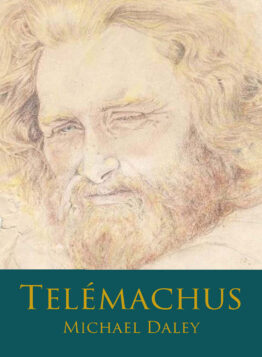
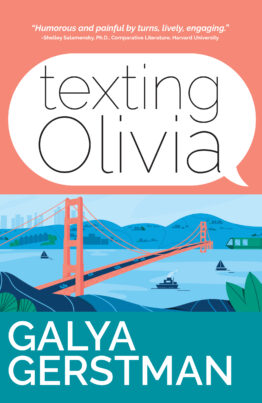

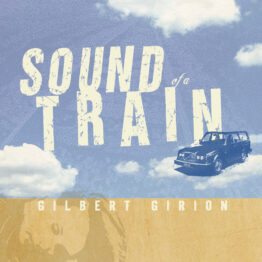
Jim Moore, Minnesota Book Award-winning poet, author of Underground, New and Selected poems –
“You know what I long for–” writes Alicia Hokanson in an early poem in this book. And by book’s end, we do indeed know what she longs for, which is what we all long for inside poems and out of them: the precise revelations of sensuous detail and the riptide of emotional truths carrying us out to sea and back again. If the natural world grounds Hokanson’s poems, the human world–all our longings, our joys, and losses–are their ultimate destination. Hers is a trusting and trusted voice that both challenges and inspires us. What more could we wish for at this strange, unnerving, moment? “Did I give you what you needed in the end?” she asks in one of the harrowingly beautiful poems about loss that anchor this book. The answer is yes.
Lise Goett, Robert H. Winner Memorial Award poet, author of Leprosarium –
In Perishable World, Alicia Hokanson invokes a consciousness rimed with grief and radiance, feeding us with the luminous specifics of “this world and only this,” as she stalks a holy peace even in the midst of upheaval and death, a perishing world poised on the balance point of environmental disaster tipping past remediation. No pony ride for the poet, this, but Perishable World slays us with a loving but unflinching exactitude that wields its axe at our frozen hearts with a clout of benediction and ravishment.
Midwest Review, Diane Donovan –
Perishable World comes from a prize-winning poet who considers loss, life, and love through poetry that is filled with a sense of place: “This morning the light moves into day/the way a new-built fire/burns along kindling’s edges, burnishing:/the green room of the clearing still and seeping/gold from every opening of branch/or elderberry arch, the alders gilded in round eastern light.”
While these pieces are about love and loss, they are firmly rooted in the nature and world of the Pacific Northwest, incorporating connections to land and heart alike.
Take “Mind Over Matter” as one example of the intersection of human emotions and the natural world that exists outside of them: “—Say grief and the shoulders hunch/say it for a long time and your cells may speak it/sprout a dark node near your heart/—Poplars at sunset waving and fluttering:/the ballast of matter shifting/against the thin hull of the sky”.
“Letter from the Island” is even more evocative as it captures these connections been emotions and environment: “Finally, a real summer day after weeks of rain./I still don’t know how to feel about my luck being here/—sea, sky, beach and woods, fresh raspberries at the farm stand,/blueberries at the U-pick, the bounty of the island/and its seeming safety. How do I hold this gratitude next to/the sorrow and rage? The virus surges; the arctic is burning.”
“Is everything going away now?” Alicia Hokanson asks in her lament “Vanish.” Almost everything.
What isn’t vanishing is the poet’s astute observations and powerful voice, which captures the nuances of grief, life, loss and survival, as reflected in the poem “Sunday”: “cleaned the kitchen, brushed/the crumbs off the floor, emptied/dried flowers from the blue vase./Once or twice a wave of grief/swept over me, burning the corners of my eyes,/as I walked by the pictures on the shelf./I lived next to your absence all afternoon:/this hard apprenticeship at love’s last lesson.”
Perishable World picks up the pieces of a broken heart and celebrates what was and what remains. This evocative collection will appeal to readers who enjoy literary introspection and transformative descriptions. “Through the trees, night tide’s deep throb./Starlight pours into a dark bowl. Fiery/islands shine behind the palisade of night./Lie down now in the clearing./In the womb of darkness./Love built this house.”
DONTANÁ MCPHERSON-JOSEPH (August 9, 2021), Foreword Clarion Review, five stars –
Grief shows up in unexpected places in the poems of Alicia Hokanson’s Perishable World.
These poems weave words into pictures, patterns, sounds, and emotions. The collection is organized into four parts, each with an opening quote that hints at the section’s contents. With wonder and deep appreciation, the collection starts as an homage to the natural beauty of the Pacific Northwest, and to the particular joys of living on an island, surrounded by forests on one side and water on the other. Then grief begins to seep through the gaps in the canopy: for the environment, for the state of the world, and for lost loved ones.
Holding disparate realities in the same poem is a recurring act. The beauty and majesty of the natural world is pressed up against the destructive interference of humanity. In “Side by Side,” innocuous observations of animals at the edge of the water on a summer morning are the bread in a social commentary sandwich. Two stanzas in the middle of the nine-stanza piece observe the stain of police brutality and the plight of refugees. “Letters from the Island,” a diary- esque entry, starts with an appreciation for living on a forested island, close and in tune with nature, before turning to lament the influx of loggers with their equipment “Like giant hornets in the distance.” It ends with an understanding that sustainability and environmental activism is necessary, but just as necessary is taking a pause to appreciate spending time with family.
Colors play a significant role, too, rendering photographs of the blood red skies of fire season and the calming peach and blue tones of sunset on the water. The presence or absence of color in a poem also helps to achieve the mood and tone of the piece. Wonder suffuses the poems with the most named colors, and with those that are specific to nature, without commentary on anything else. Monochrome palettes take over in the poems that explore the death of loved ones. “Blue Bardo Suite,” a movement in four poems and one of the longest pieces in the collection, explores the last months, weeks, and moments of a dying mother and paints them in the grey, washed-out tones of a rainstorm.
Whether told in lines that flow or that come in staccato form, each poem carves a place in the overall story of the collection. “PechaKucha for Michael” uses both techniques to create the story of a relationship brought to its end by death. This is reflected even in the style of the poem: a pechakucha is a twenty-section presentation form, but this piece finishes with only fifteen sections. Grief spills out across the page in format, in style, and in tension, lingering in memories shared and brought up in quiet ritual moments.
Moving and atmospheric, the collection basks in ebbs and flows, questioning whether mourning ends, but also finding joy in small moments. Perishable World is poetry in its most lyrical form, blending the rhythms of human life and nature.